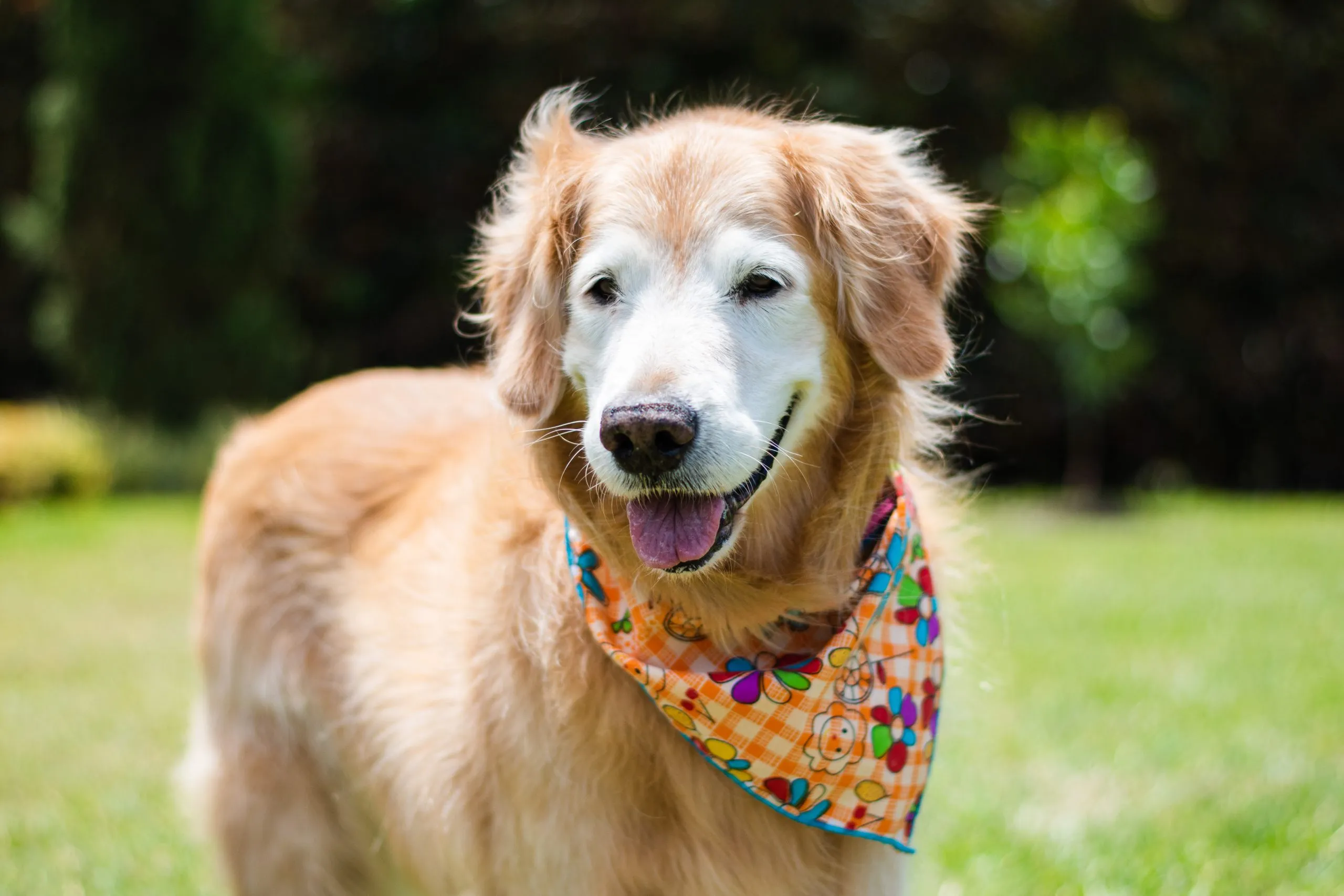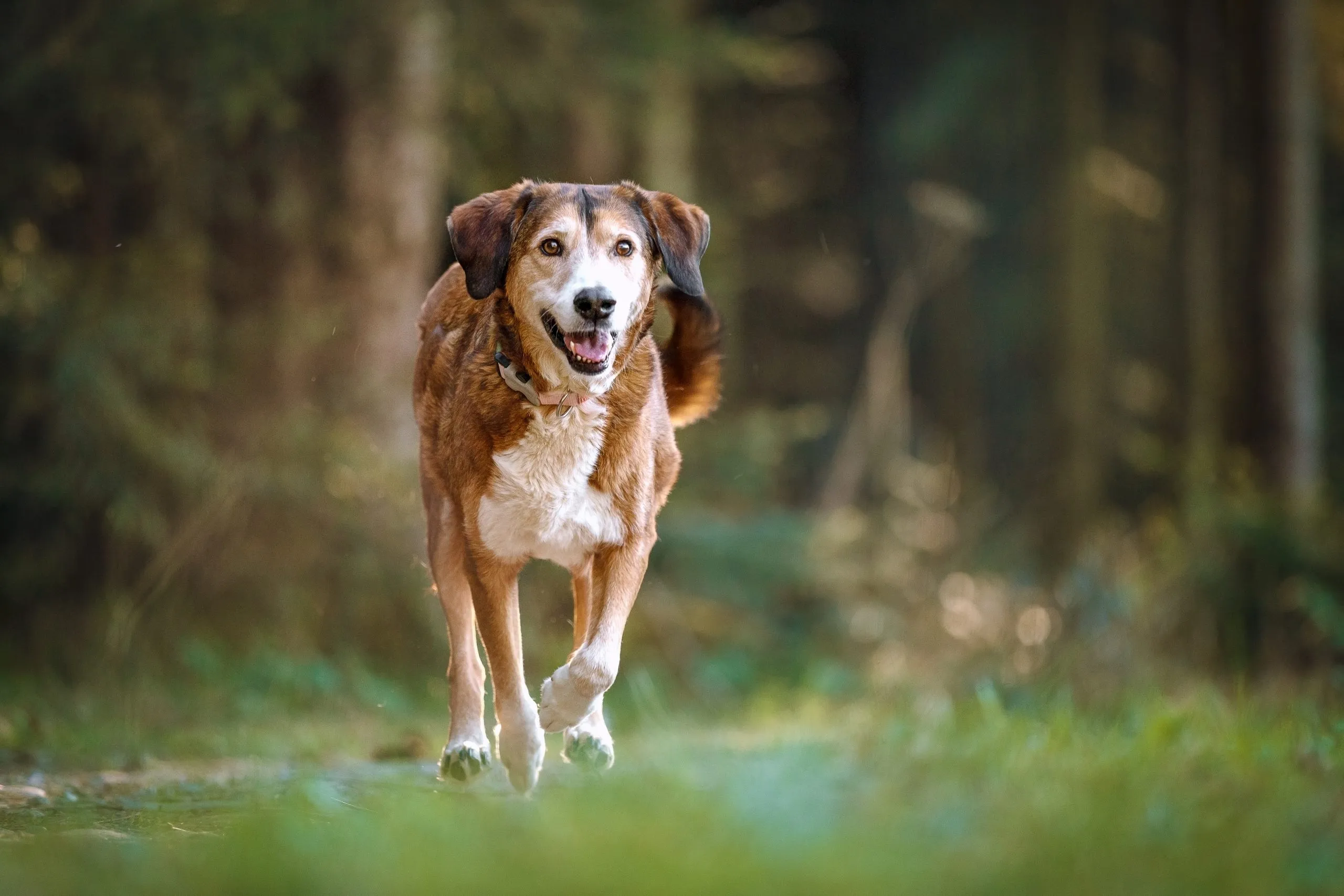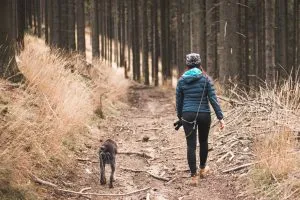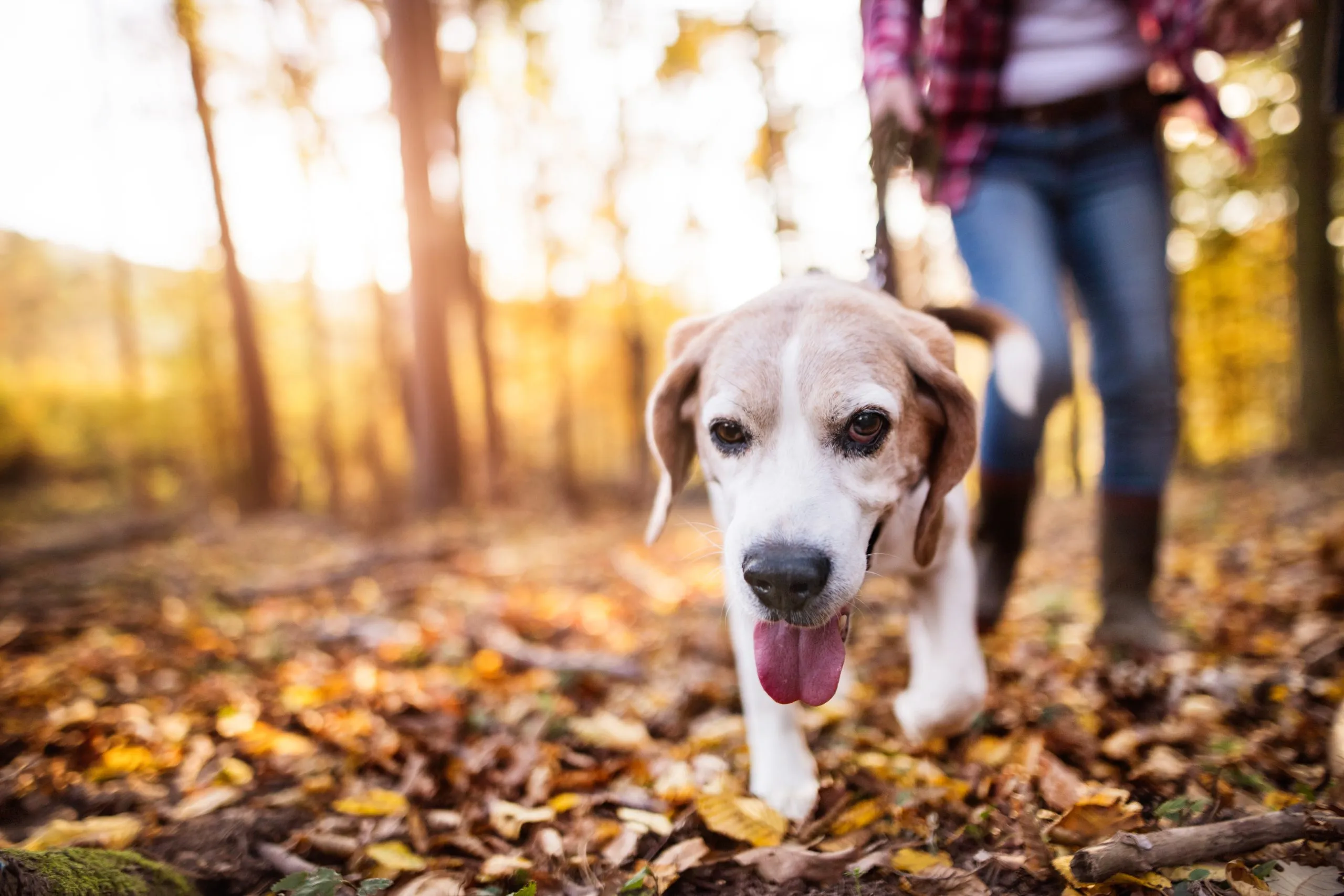While puppies and kittens often steal the spotlight, senior dogs are waiting for their chance to shine. November is Adopt a Senior Pet Month, making it the perfect time to explore the wonderful benefits of bringing an older dog into your life. Senior dogs have so much love to give, and you might be surprised at how rewarding it is to open your home to one.
We spoke with experts and compiled valuable information to help you understand why senior dogs up for adoption can be the perfect addition to your family.
The Joys of Adopting a Senior Dog
What makes adopting a senior dog such a great experience? Here are some key advantages:
- Often Already Trained: Many senior dogs come with built-in good manners. They’re often house-trained and know basic commands. As Jamie Garabedian, Assistant Director of Operations at Northeast Animal Shelter (NEAS), explains, they’re likely “more acclimated to already living in a home setting and can settle in a little bit quicker than a puppy.” This can be a major plus for first-time pet owners or those looking for a more relaxed companion.
- Instant Companionship: Senior dogs often have calmer temperaments than younger animals. They’re ready to provide instant companionship and are often content with cuddling on the couch or going for leisurely walks.
- Deep Appreciation: Giving a senior dog a loving home can be incredibly rewarding. These dogs know they’ve been given a second chance and will shower you with affection and gratitude.
- Saving a Life: Sadly, older dogs are often overlooked in shelters. By adopting a senior dog, you’re not just gaining a pet; you’re saving a life and giving a deserving animal a comfortable and loving home for their golden years.
 A sweet senior dog with a graying muzzle looks up at the camera, exuding calmness and wisdom.
A sweet senior dog with a graying muzzle looks up at the camera, exuding calmness and wisdom.
Busting Myths About Senior Dogs
Several misconceptions can prevent people from adopting senior dogs. Let’s debunk some of these common myths:
- “They’re Problem Pets”: This is often untrue. Many senior dogs end up in shelters due to circumstances beyond their control, such as their owners passing away or experiencing financial hardship.
- “They’re Expensive to Care For”: While senior dogs may require more veterinary care than younger dogs, this isn’t always the case, and the costs can be manageable with proper planning. Consider pet insurance or setting aside a dedicated savings fund.
- “They’re Not Playful”: While they might not have the boundless energy of a puppy, many senior dogs still enjoy playing and going for walks. It’s important to find a dog whose energy level matches your own.
- “They Won’t Be Around For Long”: While it’s true that you may not have as much time with a senior dog as you would with a puppy, the love and companionship they offer during their golden years is invaluable. Furthermore, life is unpredictable, and there are no guarantees about how long any pet will live. Focus on providing the best possible life for the time you have together. If you are looking for a suitable dog, consider to check dog breeds good for seniors.
 An energetic senior dog joyfully runs across a grassy field, showcasing its playful spirit and zest for life.
An energetic senior dog joyfully runs across a grassy field, showcasing its playful spirit and zest for life.
Potential Challenges of Adopting a Senior Dog
While adopting a senior dog is incredibly rewarding, it’s important to be aware of the potential challenges:
- Possible Health Issues: Senior dogs may have pre-existing health conditions that require ongoing care. Be prepared to work with your veterinarian to manage these conditions and provide necessary medications.
- Shorter Lifespan: It’s important to acknowledge that you may not have as much time with a senior dog as you would with a younger animal. This can be emotionally challenging, but the love and companionship they offer during their golden years is invaluable.
- Adjustment Period: Senior dogs may take some time to adjust to their new home. Be patient and provide them with a safe and comfortable environment.
Preparing Your Home and Heart
Before adopting a senior dog, consider these factors:
- Lifestyle Compatibility: Consider your activity level and lifestyle. Are you looking for a couch potato or a walking buddy? Choose a dog whose personality and energy level align with your own.
- Financial Considerations: Factor in the cost of food, veterinary care, and other supplies.
- Home Environment: Ensure your home is safe and comfortable for a senior dog. This may involve providing soft bedding, ramps for easy access to furniture, and non-slip flooring.
- Existing Pets: If you have other pets, introduce them gradually and supervise their interactions.
- Patience and Understanding: Be prepared to provide a senior dog with patience, understanding, and lots of love.
Introducing a senior dog to your existing dog requires careful planning. “We always recommend bringing your dog to the shelter and at least doing an introduction here to see how that initial meet goes,” explained Jamie. Even with a good first meeting, take things slowly at home, providing separate spaces and feeding areas initially. “It would be the same with a person,” Jamie says. “If someone moved into your house tomorrow and you’ve never met them, are you immediately trusting and bonding with them, or do you need some time?”
Introducing a new dog to your cat requires even more caution. Do not bring your cat to the shelter for a meeting. Upon bringing your new senior dog home, maintain separation to allow both pets to adjust gradually. This reduces stress and gives each animal time to adapt.
 A person gently pets a smiling senior dog while on a hike in the woods, illustrating the joy of sharing outdoor adventures together.
A person gently pets a smiling senior dog while on a hike in the woods, illustrating the joy of sharing outdoor adventures together.
Keeping Your Senior Dog Healthy and Happy
Here are some tips for keeping your senior dog healthy and happy:
- Regular Veterinary Checkups: Schedule regular checkups with your veterinarian to monitor their health and address any potential problems early on.
- Appropriate Diet: Feed your senior dog a high-quality diet that is appropriate for their age and activity level.
- Regular Exercise: Provide regular exercise, such as walks or playtime, to keep them physically and mentally stimulated. “An older dog might not need as many walks, but they still need a walk to let them work off excess energy and experience the outdoors, including sniffing the world around them,” said Jamie.
- Mental Stimulation: Provide mental stimulation through toys, puzzles, and training exercises. Sniffing during walks is incredibly beneficial for senior dogs, stimulating their brains as their eyesight and hearing may decline.
- Comfortable Environment: Provide a comfortable and safe environment with soft bedding and easy access to food and water.
- Love and Affection: Shower your senior dog with love and affection. They deserve it!
 A woman lovingly pets a senior dog, highlighting the special bond and companionship that comes with adopting an older pet.
A woman lovingly pets a senior dog, highlighting the special bond and companionship that comes with adopting an older pet.
Ready to Open Your Heart?
Adopting a senior dog can be one of the most rewarding experiences of your life. If you’re ready to open your heart and home to a deserving animal, visit your local animal shelter or rescue organization. You might just find your new best friend. You can also check best house dog for seniors to find a suitable companion.
